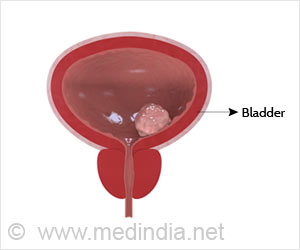While colon cancer rates have remained steady over the past several decades among people under the age of 40, rectal cancer rates are increasing in this population

Rectal cancer is considered to be rare among young individuals in the United States. Because underestimating rectal cancer's incidence may lead to missed or delayed diagnoses in younger people, Joshua Meyer, MD, a radiation oncologist currently at Fox Chase Cancer Center, led a team that analyzed trends in rectal cancer incidence in the United States compared with colon cancer trends. Dr. Meyer worked on this research while at the New York-Presbyterian Hospital/Weill Cornell Medical Center in New York City.
By conducting a retrospective study using data from the Surveillance Epidemiology and End Results (SEER) cancer registry, the investigators identified 7,661 colon and rectal cancer patients under age 40 years between 1973 and 2005. The researchers then calculated the change in incidence over time for colon and rectal cancers.
Overall rates of colon and of rectal cancer were low during the years of the study (1.11 cases and 0.42 cases per 100,000, respectively). While colon cancer rates remained essentially flat in individuals under age 40 years in recent decades, rectal cancer rates have been increasing since 1984. Specifically, between 1984 and 2005, the rate of rectal cancer diagnosis rose 3.8% per year.
"We suggest that in young people presenting with rectal bleeding or other common signs of rectal cancer, endoscopic evaluation should be considered in order to rule out a malignancy," said Dr. Meyer. "This is in contrast to what is frequently done, which is to attribute these findings to hemorrhoids. More frequent endoscopic evaluation may be able to decrease the documented delay in diagnosis among young people," he explained. Because the overall incidence of rectal cancer is relatively low, the authors do not advocate for a change in screening guidelines.
Advertisement










